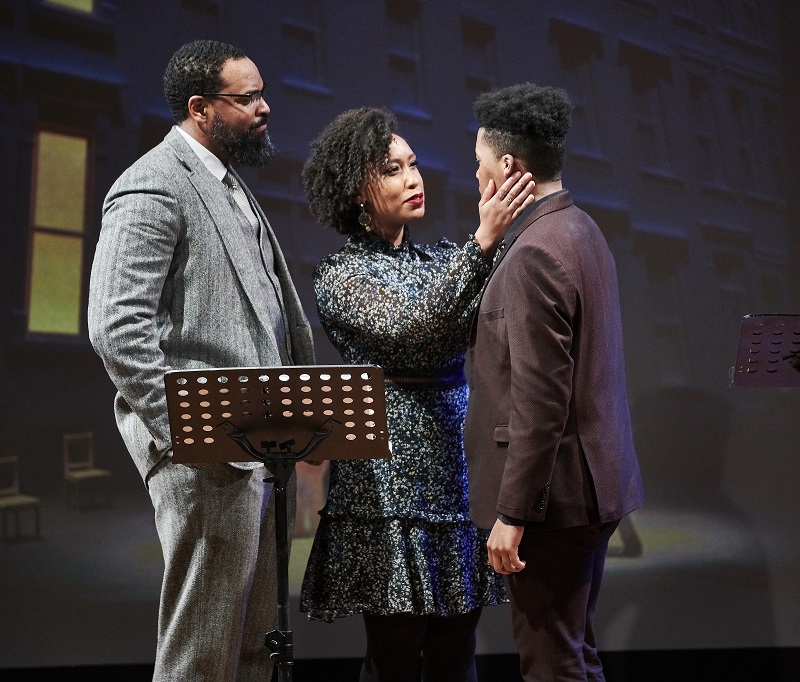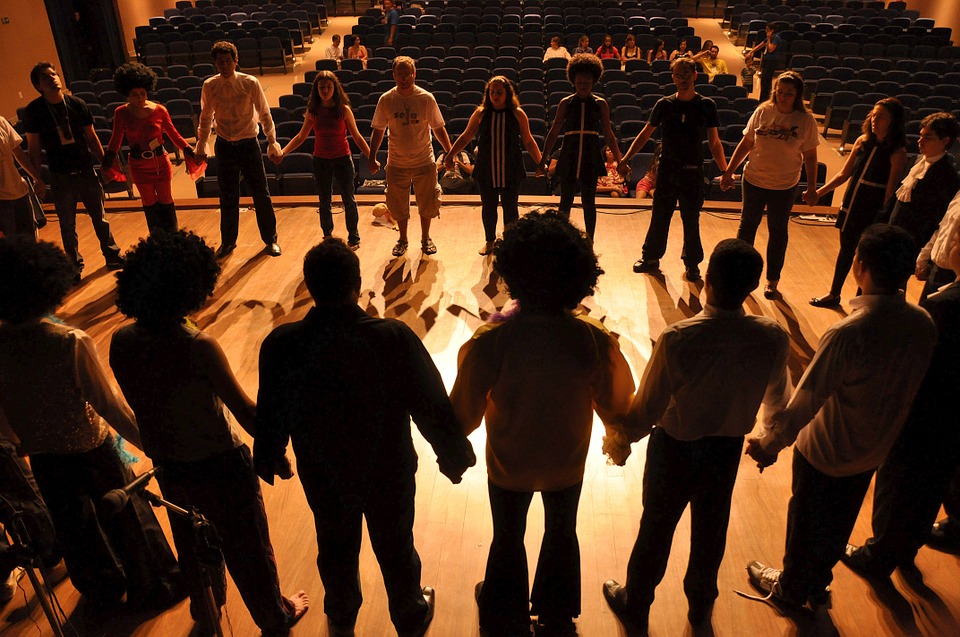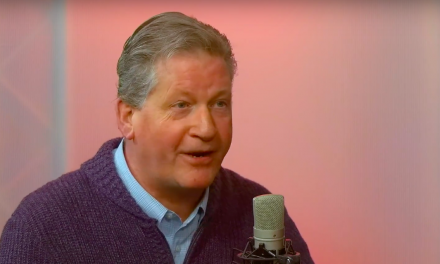When I was in 10th grade I was going through some stuff, as everybody does, I’m sure but this is how I got through it. A freshman had been chosen for the varsity soccer team goalie over me and I couldn’t stand for that, so I quit. I was drinking every weekend at bonfires in the woods or friend’s parent’s abandoned rec rooms. I took a creative writing class that required you to keep a journal.
A couple of my first entries were about a concert at The Palace and my job at Teresian House. The concert was probably Rainbow, which I had won tickets for, and I described the market-like scene in the bathroom where pot was being sold. The entry about my job at the nursing home had me exiting the second floor from the elevator and there would be a row of wheelchairs lined up facing the elevator doors. One woman who had a partially amputated foot motioned me to come closer and listen to her. She told me she was growing toes.
My father read my journal and confronted me with the accusation that I was making fun of the residents. I was angry, ashamed and truly perplexed. Why had this upset him so much? That’s not what I meant at all. I was so beside myself that I refused rides for weeks and walked to work from Sand Creek Road to Washington Avenue Extension.
In class, we were about to start reading “The Glass Menagerie” by Tennessee Williams and I raised my hand. I would do anything to speak in class, which was ironic because I had spent three years in speech therapy. Perhaps I was enjoying my newfound prowess. “I have tricks in my pocket, I have things up my sleeve, but I am the opposite of a stage magician. He gives you an illusion that has the appearance of truth. I give you truth in the pleasant disguise of illusion.”
From the moment I started speaking, I felt empowered, ennobled and spellbound. Like walking on a high-wire, I concentrated fiercely and never listened more intently in my life. I didn’t want anything to interrupt my reverie. No one else volunteered to read Tom the next day or the next. I played his frustration at his factory job, his love for his sister and his inchoate longings for something more as represented by his poetry and escapes to the movies. “I felt seen,” as they say now. I had no friends, no counselors, no mentor who spoke to me in the way this play did.
When it was over, there was applause. I felt closer to the young woman who played my mother, I can still see her smile. I was able to act out, get laughs, tell my mother to “fly over the moon you ugly babbling old witch” and feel an intense identification with what was then a 40-year-old play. Somehow, this was not only acceptable but appreciated and acknowledged as good work.
I used the opening monologue to apply to acting schools and I have since read half a dozen Williams’ biographies, attended the last five Provincetown Tennessee Williams Festivals, seen dozens of his plays multiple times and even directed a production of “The Glass Menagerie.” Even more powerful than my attachment and admiration for Tennessee Williams though is my respect and constant struggle with his theme of the artist grappling with his place and responsibility to family and society. I’ve studied in the city and worked all over, but now live four blocks from the hospital I was born in. Forty years later, I still feel the ties of art’s liberating release as keenly as those sun-filled Colonie High School classroom mornings.
Patrick White is a Capital Region actor/director/reviewer/teacher who teaches a Saturday morning acting class at the Albany Masonic Lodge. He will next direct “Ben Butler” at Curtain Call Theatre running Jan. 23-Feb. 8. white.patrick1963@gmail.com





